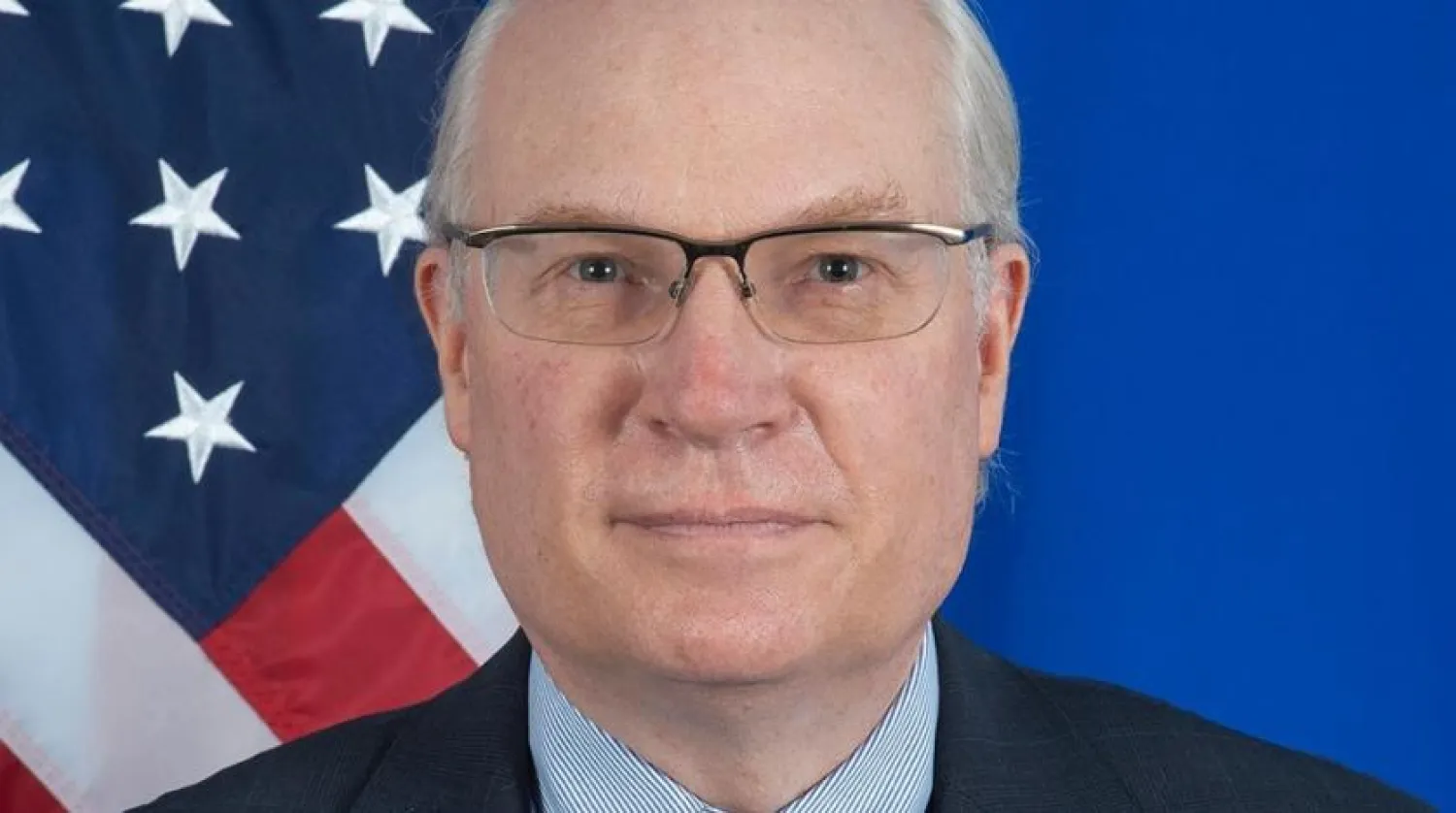Twenty-eight days separated the policies of US presidents Donald Trump and Joe Biden in dealing with the crisis in Yemen.
The former had on the final day of his administration, January 20, 2021, blacklisted the Iran-backed Houthi militias, while Biden was quick to reverse the decision on February 16, 2021. Soon after he appointed a new American envoy to Yemen, Tim Lenderking.
From blacklisting and the consequent reversal, the new American administration outlined its approach to Yemen. It focused on delivering humanitarian aid to the people, urged the international community to assume its duties and repeatedly demanded a return to the negotiations table and establishing a ceasefire between Yemeni parties.
In describing the approach to Yemen, Lenderking has frequently said the "devil is in the details". He has so far visited the region 15 times during which he met with Yemeni and Saudi government officials, "yesterday's terrorists" the Houthis, and several officials from the Gulf Cooperation Council.
At the beginning of his mission, the envoy focused on reaching a ceasefire between the warring parties. He offered suggestions based on the initiative of the United Nations and its former envoy Martin Griffiths. He also suggested he would pursue further rapprochement with the Houthis if they met international demands and returned to the negotiations table and implemented a ceasefire. The Houthis' response to these efforts, however, "disappointed" Lenderking and the conflict escalated.
The US describes the crisis in Yemen as the world's worst humanitarian disaster amid massive poverty, famine, the COVID-19 outbreak and the Houthis' manipulation of fuel and food prices, as attested to by several observers and Lenderking himself before the Congress.
Soon after, Lenderking shifted his approach from his extreme keenness on reaching a ceasefire - as the battle for Marib intensified - to attempting to garner international support to pressure the Houthis. At one point, the envoy broke his silence and declared that Marib will not fall in Houthi hands. "It's not falling now, and it's not going to fall anytime in the foreseeable future," he added. His statement was interpreted as American support to the Yemeni government and the Saudi-led Arab coalition in the battle for the northern province.
In an interview with Asharq Al-Awsat in October, Lenderking again spoke of possible sanctions and of adding members of the militias back on the sanctions list. He stressed that Washington is committed to resolving the crisis in Yemen through imposing security and peace in a turbulent region. It is committed to defending some 70,000 Americans residing in Saudi Arabia, which is a frequent target of Houthi missiles and drones.
In 2021, the US seized three arms shipments that were headed to the Houthis from Iran. The first capture took place in early February, the second in May and the third in December. It blacklisted four Houthi leaders, as well as entities connected to them and involved in providing them with funds so they can continue their combat operations.
Even though Lenderking has been "unlucky" so far in persuading the Houthis to agree to a ceasefire and return to the political negotiations table, the State Department had outlined to Asharq Al-Awsat the envoy's three priorities in Yemen. The first focuses on tackling the immediate humanitarian and economic priorities, restarting the political process and benefitting from the unprecedented international consensus.
It has grown increasingly clear that the American administration policy towards Yemen is changing. More and more critical statements are coming out from the White House, State Department and Pentagon. Several Congressional leaderships, especially among the Democrats, have also voted with a majority in favor of selling American defense weapons to Saudi Arabia so it can confront Houthi attacks.
Observers believe that the call to the negotiations table and for a ceasefire and laying down of arms will be among Washington's declared messages on Yemen this year. However, several Yemeni and non-Yemeni voices have urged the need to take a stronger approach with the Houthis and that they should not be lenient with them as Iran's nuclear negotiations continue in Vienna.
David Schenker, the former Assistant Secretary for Near East Affairs, said in November that "Yemen is yet another problem from hell for the Biden administration."
















